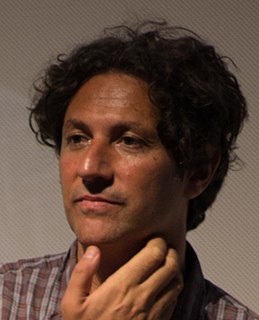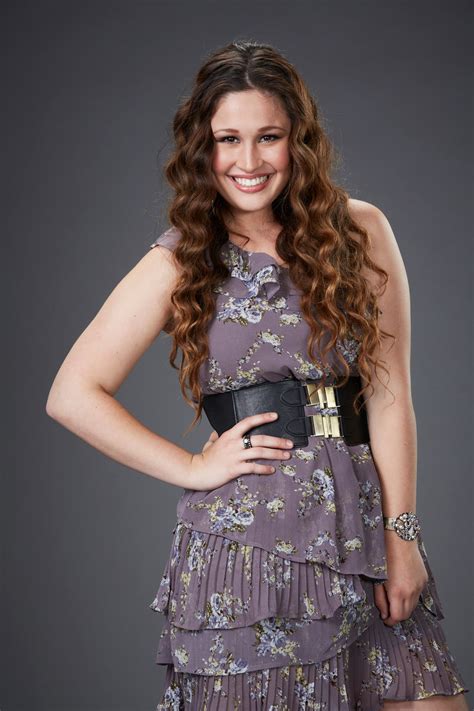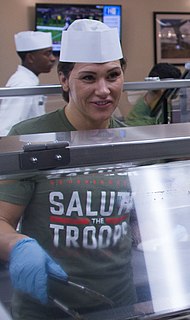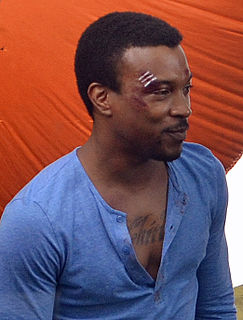A Quote by Jonathan Glazer
You have to understand where the camera needs to me. There were times where you were suddenly aware where the cameras were, then you were in a different place and it didn't feel like the same movie.
Related Quotes
Do you remember when you were 10 or 11 years old and you really thought your folks were the best? They were completely omniscient and you took their word for everything. And then you got older and you went through this hideous age when suddenly they were the devil, they were bullies, and they didn't know anything.
I don't know if any of you feel this way, but it's like eventually, you see a woman come on screen and you go, "Oh, thank God!" You just sort of need a break from all this testosterone, which happened, I think, in one of my films, The Hurt Locker. I was in it for like five minutes, and people were like, "You were in that movie!" And I was like, "Well, kind of." And they were like, "No, you were!" 'Cause they needed a woman!
As the Nazi regime developed over the years, the whole structure of decision-making was changed. At first there were laws. Then there were decrees implementing laws. Then a law was made saying, ‘There shall be no laws.’ Then there were orders and directives that were written down, but still published in ministerial gazettes. Then there was government by announcement; orders appeared in newspapers. Then there were the quiet orders, the orders that were not published, that were within the bureaucracy, that were oral. And finally, there were no orders at all. Everybody knew what he had to do.
The early entrants into the world of A.R., as with its cousin virtual reality, were disappointing: the phones were too weak, the networks were too slow, and the applications were too nerdy. But now the technological pieces are in place, and a whole generation - much of which is on Snapchat - has come to consider the camera almost a third arm.
I really did feel like I was surrounded by family members. I didn't have a dad, and I remember there were all these guys - in the old days, there were no women, except a makeup artist or, occasionally, a script supervisor. So there were just guys who taught me how to, you know, whittle wood, or how to pull focus, and what the camera was doing. And if I was being bratty, they'd sit me down and tell me. There were lots of rules about not being late and making sure that you didn't spill anything. So it felt a little bit like I was in a family.






































